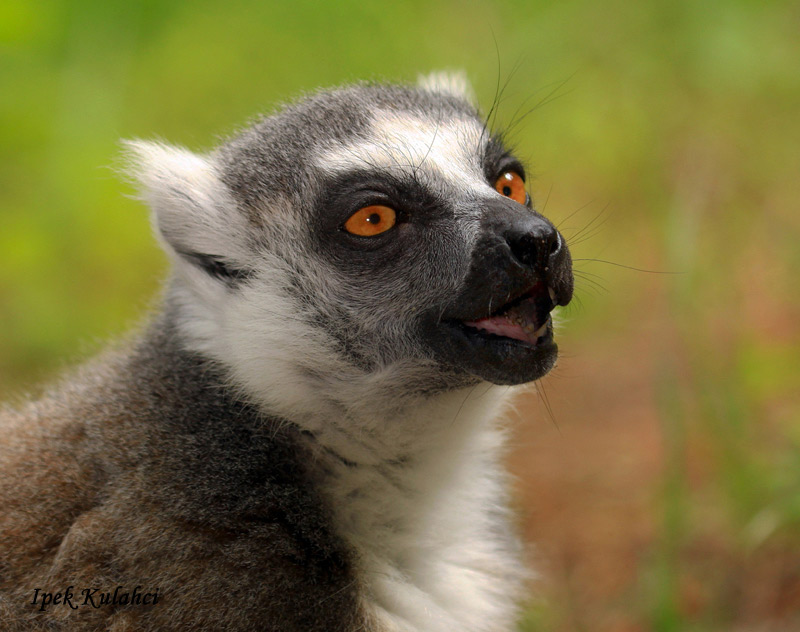We think of chitchat and small talk as the things people say to pass the time or kill an awkward silence. But new research suggests these idle conversations could be a social-bonding tool passed down from our ape-like ancestors.
We think of chitchat and small talk as the things people say to pass the time or kill an awkward silence. But new research suggests these idle conversations could be a social-bonding tool passed down from our ape-like ancestors.
Scientists with Princeton University studied ring-tailed lemurs, animals that are considered among the more ancestral forms of primates—the evolutionary lineage that includes humans, apes and monkeys.
The study concludes that lemurs call to each other essentially as a replacement for mutual grooming, or cleaning each other’s fur, a widespread social-bonding behavior among non-human primates.
Lemurs vocalize to essentially “groom-at-a-distance” when they’re separated, said Ipek Kulahci, a co-author of the study published in the journal Animal Behaviour. Ring-tailed lemurs living in groups mainly call and respond to the individuals with which they have close relationships and groom most often, according to the authors.
“Our results indicate that when animals respond to each other’s vocalizations, they are in fact also working on maintaining their social bonds,” said Kulahci.
“By exchanging vocalizations, the animals are reinforcing their social bonds even when they are away from each other,” Kulahci said. “This social selectivity in vocalizations is almost equivalent to how we humans keep in regular touch with our close friends and families, but not with everyone we know.”
The findings could have implications for how scientists understand the evolution of primate vocalizations and human speech, said Asif Ghazanfar, Kulahci’s doctoral advisor, who participated in the work.
“Talking is a social lubricant, not necessarily done to convey information, but to establish familiarity,” he said. “I think these vocalizations are equivalent to the chitchat that we do. People think that conversations are like exchanging mini-lectures full of information. But most of the time we have conversations and forget them when we’re done because they’re performing a purely social function.”
Existing theories of language evolution suggest that vocal exchanges between primates evolved with group size, he said. As group size increased, grooming to form social bonds became too time consuming, so speech developed to save time while still expressing familiarity.
But Ghazanfar and colleagues found that vocalizations occurred independently of group size. The lemurs the researchers studied groomed more as their numbers increased, but didn’t necessarily vocalize more. These findings reveal a direct connection between grooming—or familiarity—and vocalization, Ghazanfar said.
The researchers studied lemur groups living at the Lemur Center at Duke University in North Carolina and on St. Catherines Island in Georgia.










